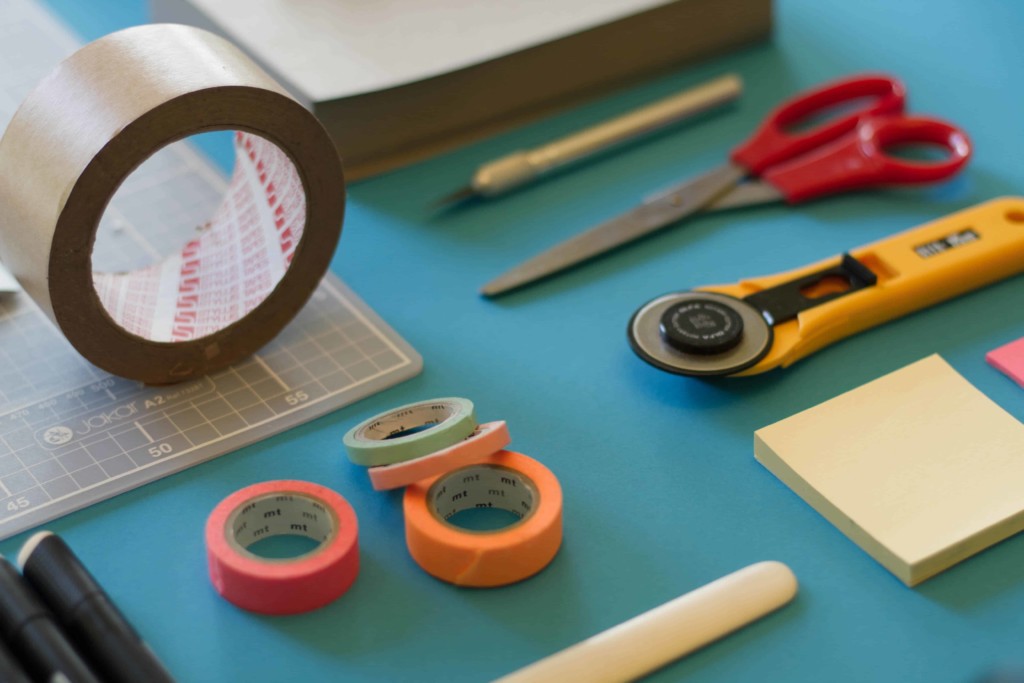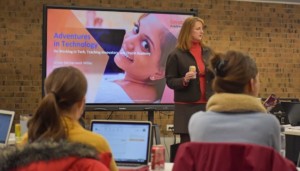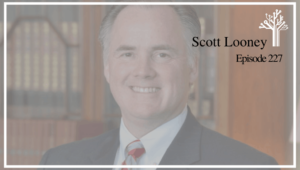The 3 Preconditions of PBL

The last 25 years of my professional life have focused exclusively on implementing High Quality Project Based Learning.
The first 10 were spent perfecting my craft while teaching in middle and high school. The next 15 were spent atop the management structures of the Buck Institute for Education (now PBLWorks) and the Partnership for 21st Century Learning. During that time I created a conference (PBL World), created a national faculty, and wrote a couple of books about PBL and inquiry. It has been my honor to learn from the best and the brightest and my work clearly reflects that legacy.
The opportunity to return to the classroom, as chronicled in this yearlong series, has presented me with a chance to put those 25 years of skill and knowledge building to good use.
There would be poetic symmetry if I could report that I now implement PBL better than anyone and that my students are producing relevant, rigorous and engaging work. That would be poetic, but it would also be a lie.
The most painful realization of the first two months of school has been the understanding that I and my colleagues often grossly underestimate the difficulty of implementing PBL. There is no way to skate around this: Certain conditions must be met in order for PBL to work. I’ll address those conditions in this blog and attempt to highlight the strategies that I think will prepare students for success.
In my new world, there are three impediments to the successful implementation of PBL:
- A lack of skill and knowledge
- A lack of expectation of work
- A lack of experience working independently
And let’s be clear here – this is not a diatribe against students. This is a diatribe against the system that hobbles them.
A Lack of Skill and Knowledge
My students are similar to their peers at other struggling schools. A majority of them come from poor or single-parent homes. Nearly 80% are below standard in reading, writing and math. Nearly 25% receive services for emotional, academic, linguistic or behavioral challenges.
People like me can promote the 4Cs (creativity, collaboration, communication, and critical thinking) all we want but research clearly shows that these essential skills are anchored in a discipline. You have to collaborate, think critically, and communicate about something.
Building the skills needed to be successful in college, career, and community is not the singular duty of classroom teachers like me. On my campus, we are taking a whole-school approach toward creating a whole-child education. Administrators, counselors, para-educators, community partners, parents, psychologists, and even our wellness coach are focused on building skills and knowledge.
An Expectations of Work
Our district, like many others, over-reacted to the anti-homework craze. Former leadership created a policy that urged elementary schools to reduce homework to a minimum. That policy was unintentionally coupled with another that ensured social promotion regardless of a student’s performance on grade-level assessments, homework, classwork, or GPA.
Those policy decisions created a nearly untenable situation for our middle schools. Students have spent six years in a system that didn’t reward them for gritty determination and didn’t sanction them for lack of execution.
Project-based learning simply does not work in a classroom in which students have been coached by the system to avoid work. Teachers must create an expectation of work before implementing PBL, and that is no small task. Week by week, assignment by assignment, students must be nudged toward effort.
A Lack of Experience Working Independently
I am appalled at how quickly my students shift into compliance mode when we engage in an assessment. During these assessments, they work alone, against time, on highly structured tasks that do not require self-direction, task management, creativity or situational problem-solving.
My students are nearly always on task and work quietly with minimal movement during the 40% of instructional time that I spend in teacher-directed activities. The moment I release them to their devices (we are 1-to-1 with tablets) and they are required independently to read the stream, calendar, notices, and assignments in Google Classroom, they become wildly unfocused and flail about, asking, “what do I do?” over and again. I spend nearly 70% of my time on behavior and task management during independent work.
High-quality PBL demands that students become agents of their own learning, selecting or refining topics of study, completing research, collaborating with partners, peer editing, assigning and managing individual tasks, and synthesizing collaborative work into publicly presented showcases. They cannot do these things unless we provide them with extensive scaffolds that slowly and deliberately enhance their ability to work independently.
Moving Forward
When we began school in early August I planned to unleash my first high-quality project during week two. We are now in month two and my students have yet to meet PBL.
I have retrenched and rebuilt. I and my teaching partners are doing our best to rectify knowledge gaps. The entire school community is focused on building the 21st century skills and aptitudes our kids need to be successful. And slowly but surely, we are trying to create an environment in which effort is cherished and success is justly rewarded.
I’ll let you know how it goes.
For more, see:
- Tech Applications that Support High Quality PBL
- Defining High-Quality Project-Based Learning
- What Makes High Quality PBL
David Ross will be chronicling his return to the classroom in a monthly series of blogs called “The Lure of the Classroom”. Follow along. Find all of David’s posts here.
Stay in-the-know with innovations in learning by signing up for the weekly Smart Update.





Julia
Thank you for the honest reflection. Keep us updated.